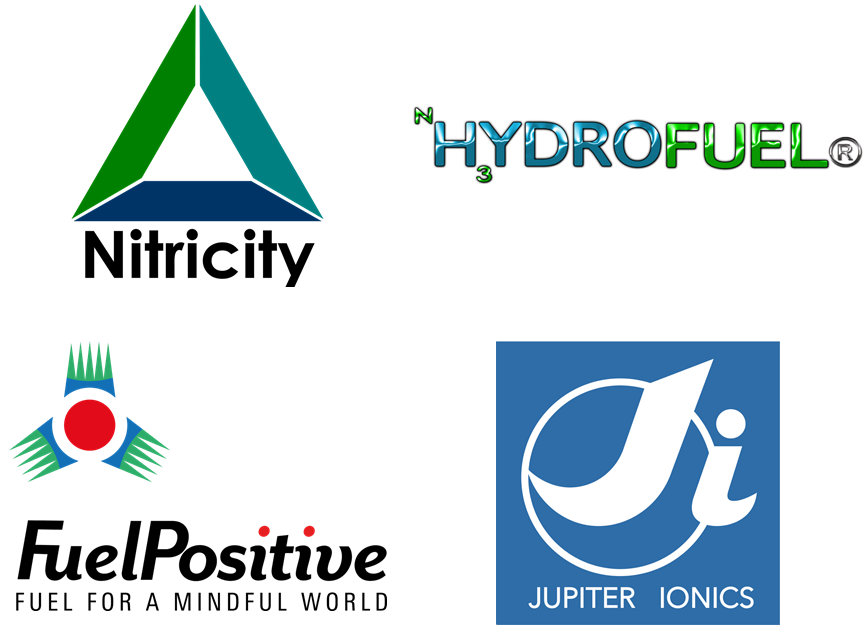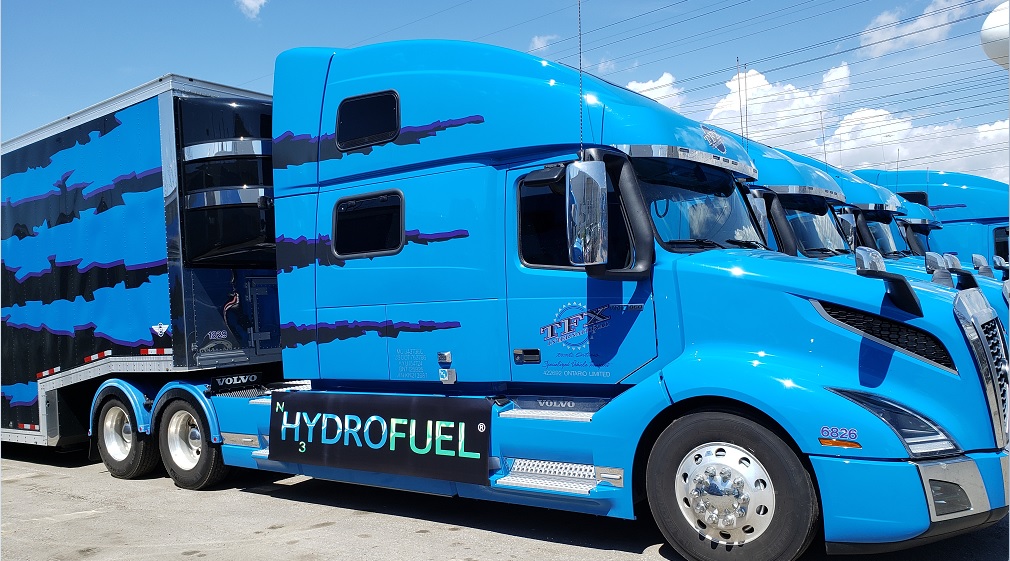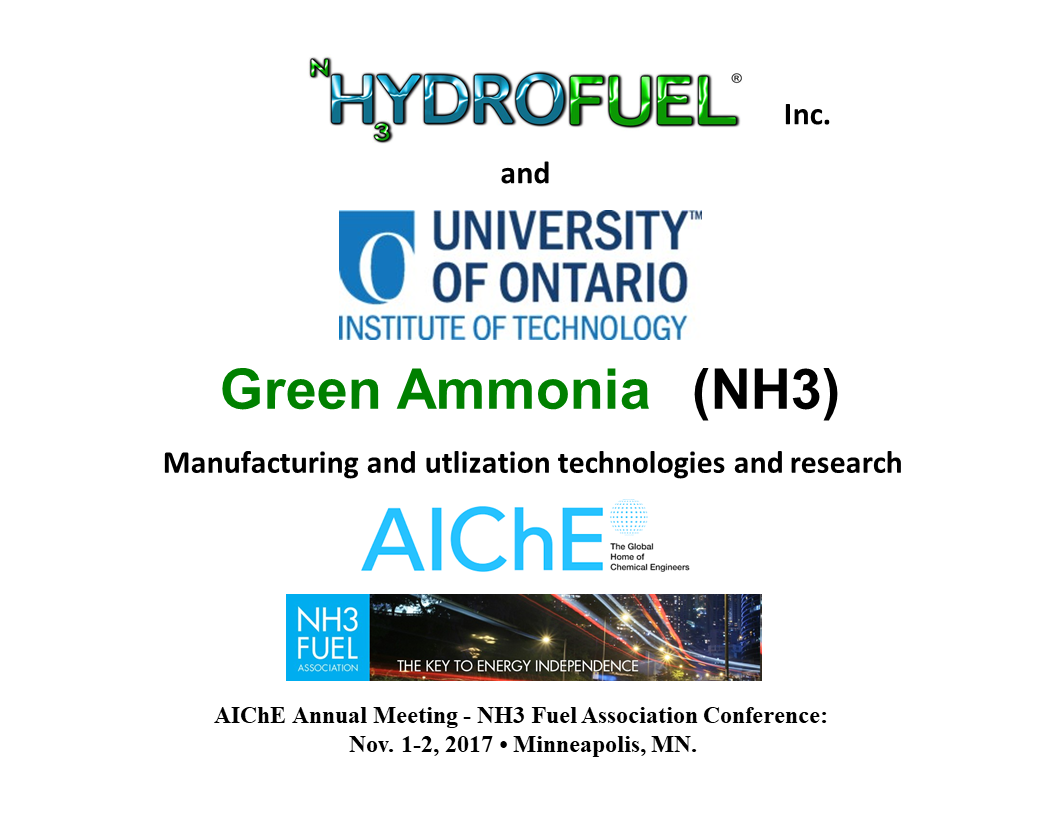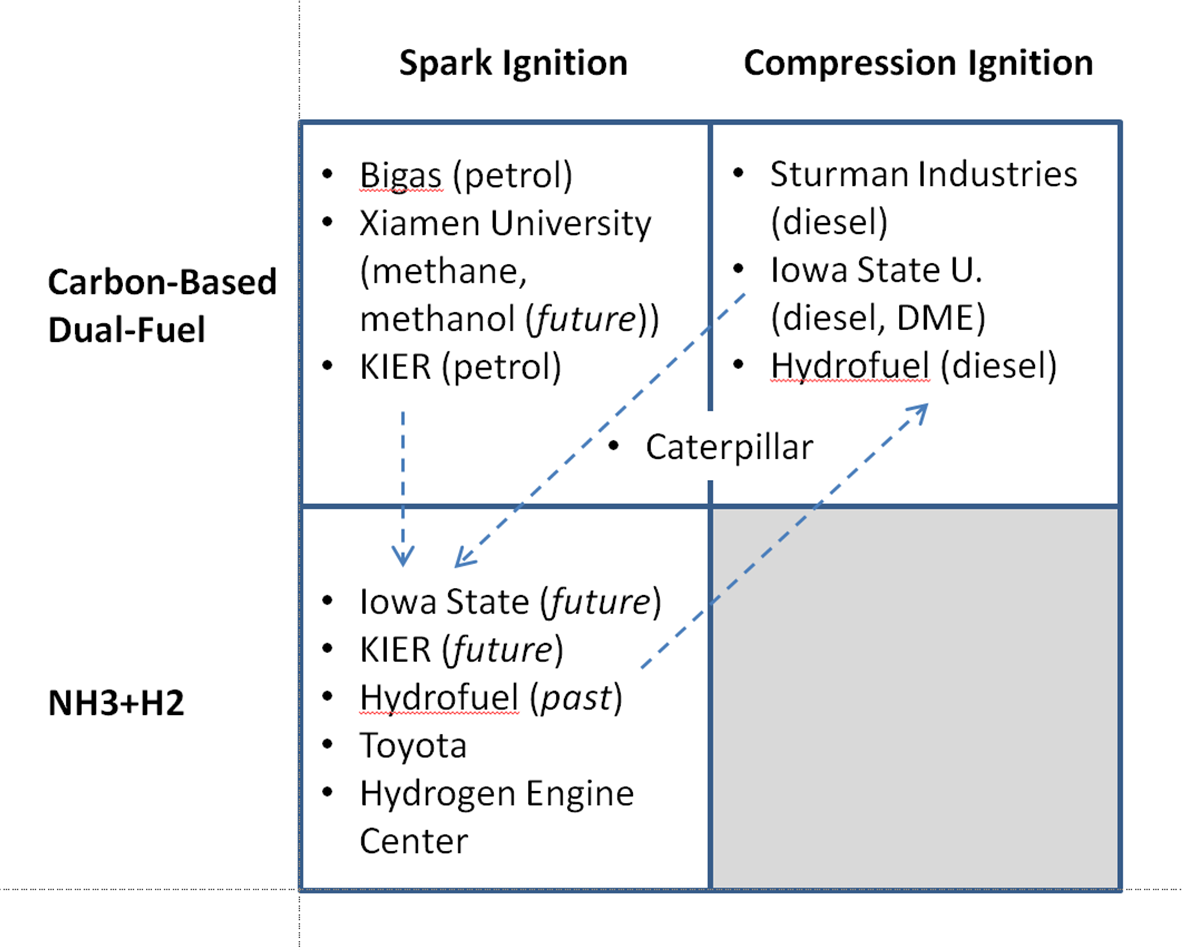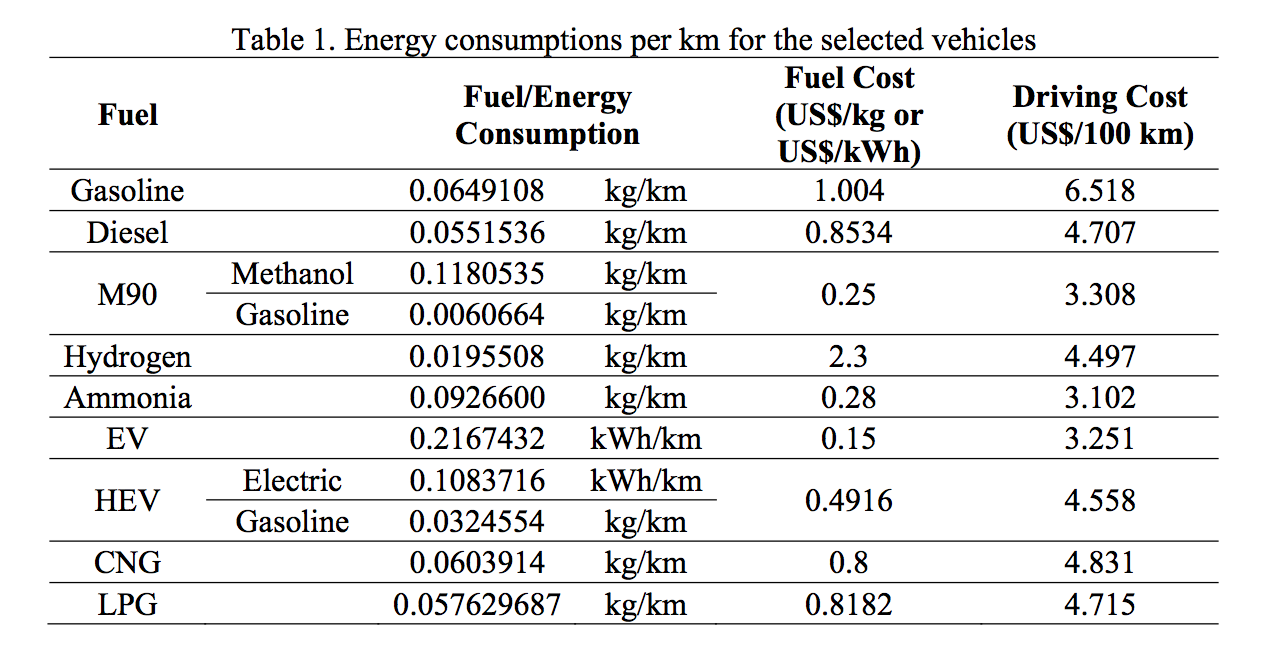
Canada-based Hydrofuel has announced the acquisition of Lumos Laboratories, a Nigerian R&D organisation that has developed technology to convert urine to a hydrogen-rich, flammable gas mixture. The production of hydrogen, ammonia, fertilisers, cooking/heating fuels and electricity generation from Lumos technologies presents an opportunity to improve sanitation & reduce reliance on solid fuels for cooking and heating, and fossil fuels for electricity generation. Under the terms of the acquisition, Hydrofuel will support the commercialisation of this technology.

